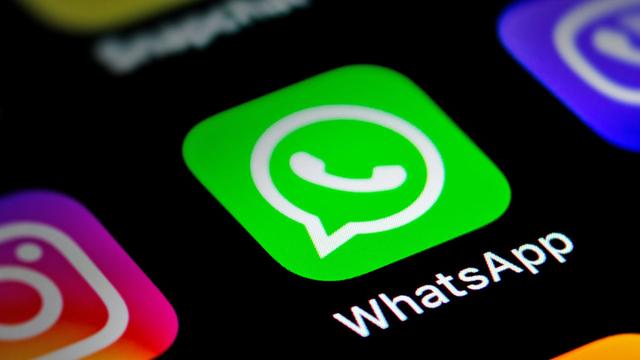Since devices and apps that offer full encryption have become popular with consumers, governments around the world have tried to pass laws forcing companies to break encryption or build "back doors" into their products. Now WhatsApp is in this situation.
In this way, law enforcement agencies could collect data, including the contents of encrypted phones and chat applications that could be relevant to investigations. These initiatives have not succeeded, and devices and applications that provide end-to-end encryption continue to provide strong protection to users.
The Indian government has proposed another method of tracking that does not involve cracking end-to-end encrypted texts. Thus, Indian officials want Facebook to tag each WhatsApp message separately so that it can be traced back to the original sender if a crime is committed.
WhatsApp, forced to reveal information about its users
Senior officials told the Economic Times that the government wants WhatsApp to assign an alphanumeric number to every message sent through the platform. It would travel with the message, giving it a unique identifier without breaking strong encryption.

The government wants to be able to track down the first sender of a message that could be flagged by a court or an authorized government agency. It is not clear what kind of messages would be flagged and how the flagging would occur if WhatsApp chats are encrypted.
It is also unclear how finding the original sender could help authorities, although there are scenarios where it could be useful.
Facebook resisted the request, citing its own privacy rules. The company also said it does not have the technology to track every message sent on WhatsApp. India is Facebook's largest WhatsApp market with 400 million active users. Billions of messages are sent every minute and each one should get a unique indicator.
Indian government officials hope information from the social network will help in their investigations
The government official who spoke to ET said talks with WhatsApp are ongoing and the company is not officially communicated his position. WhatsApp has three months to comply with the February notice.
Indian government officials insist that Facebook could track messages without breaking encryption, while pointing out that the government is not even trying to enforce a rule in the country's IT law, which contains a clause requiring companies to decrypt messages when ordered by the government.
The report notes that WhatsApp head Cath Cath said on a podcast earlier this month that the company hopes to find a solution that addresses India's traceability issues without affecting end-to-end encryption.
Facebook has promised over the years to never remove WhatsApp's strong encryption. The company also said that its unified messaging system will one day merge Facebook Messenger, Instagram and WhatsApp and that it will be protected by encryption.
But given WhatsApp's latest data changes, when millions of people rushed to download Signal and Telegram in response to planned changes to Facebook's privacy policies, the social media platform is no longer keeping its promise.
